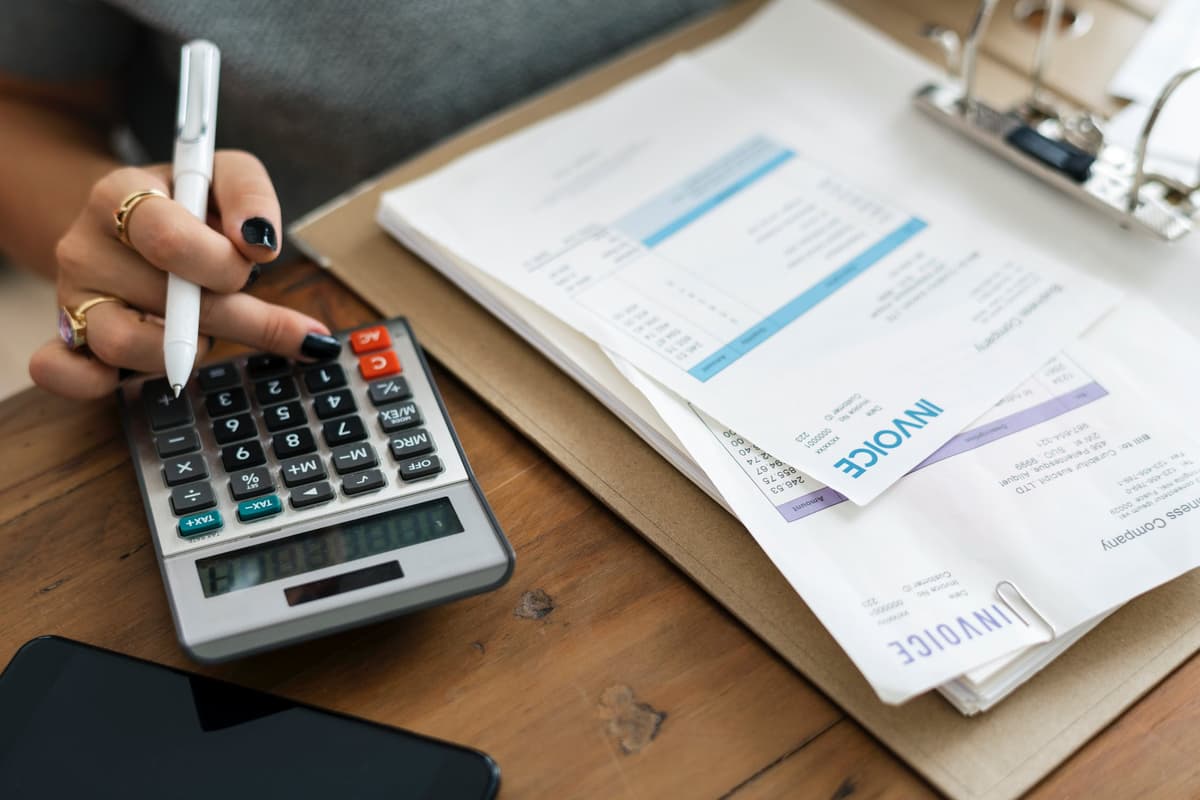Moving Out for the First Time
Moving out of your parents’ house can be daunting, exciting and a little bit sad all at once. There’s a lot to think about, from finance and planning to packing and furnishings. There’s a lot to remember, so have a look at our top tips.

